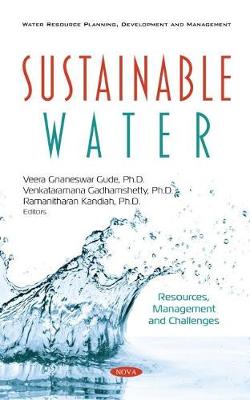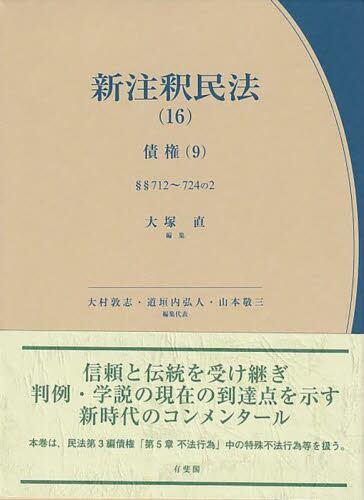
Sustainable Water: Resources, Management and Challenges(Water Resource Planning, Development and Management)
可持续水:资源,管理和挑战
水利工程基础学科售 价:
¥
1509.00
发货周期:国外库房发货,通常付款后3-5周到货!
出 版 社
出版时间
2020年05月06日
装 帧
精装
页 码
267
语 种
英文
综合评分
暂无评分
- 图书详情
- 目次
- 买家须知
- 书评(0)
- 权威书评(0)
图书简介
Population growth, increasing living standards, and rapidly changing climate have resulted in an increasing demand for freshwater, accelerating the water degradation challenges. There is a compelling need to minimize water consumption and develop approaches to effectively manage existing water resources. On a positive note, water resource management strategies discussed in this book present innovative ways to conserve both quality and quantity. Chapter 1 discusses decentralized water management approaches for intervening the urban water cycle to minimize the environmental and socioeconomic impacts. This chapter concludes with a need to use a suite of tools based on decision support systems for managing urban water resources. Chapter 2 discusses the need for assessing suitability of various types of models for a specific scenario based on the required level of complexity. This chapter discusses in detail the underlying criteria behind model selection, validation, and uncertainty analysis.Urban watersheds can be more challenging compared to natural watersheds. The urban watersheds include parking lots, roads, and developed structures, all of which contribute to a myriad of anthropogenic pollutants through stormwater runoff. Computer-based models can be used to study water quality issues and to develop a plan to manage watershed level resources. Chapter 3 compares pros and cons of the state-of-the-art watershed models used for managing water resources. Numerical simulations can be performed to compare the current and future water quality scenarios of a given watershed and to estimate the impact of potential water resource management strategies. Chapter 4 presents a case study of an urban region in Hanoi, Vietnam. Water evaluation and planning simulation tool was used to predict the trends and drivers of wastewater generation.Considering rapidly changing climate and associated weather impacts, it is critical to secure water resources in addition to dealing with the water quality issues. Chapter 5 suggests that climate change models and watershed and precipitation models should be jointly used in order to capture uncertainties in ecological functions, energy and food production and water supply sources. Chapter 6 presents a water use estimation and management tool that examines the effect of climate change and drought conditions on water supplies to ensure adequate buffalo forage. Sustaining both buffalo forage and water supplies during drought conditions requires preparedness and adaptation in response to unfavorable conditions. Finally, water reuse can alleviate the stress on available water resources. For example, effluents from wastewater treatment plants and desalination plants can be treated and reused for managing water crisis. Chapter 7 emphasizes that it is critical to optimize both economical and sustainability parameters during treatment of wastewater effluents and desalination concentrate. In certain cases, valuable metals can be recovered from the concentrate.
本书暂无推荐
本书暂无推荐















